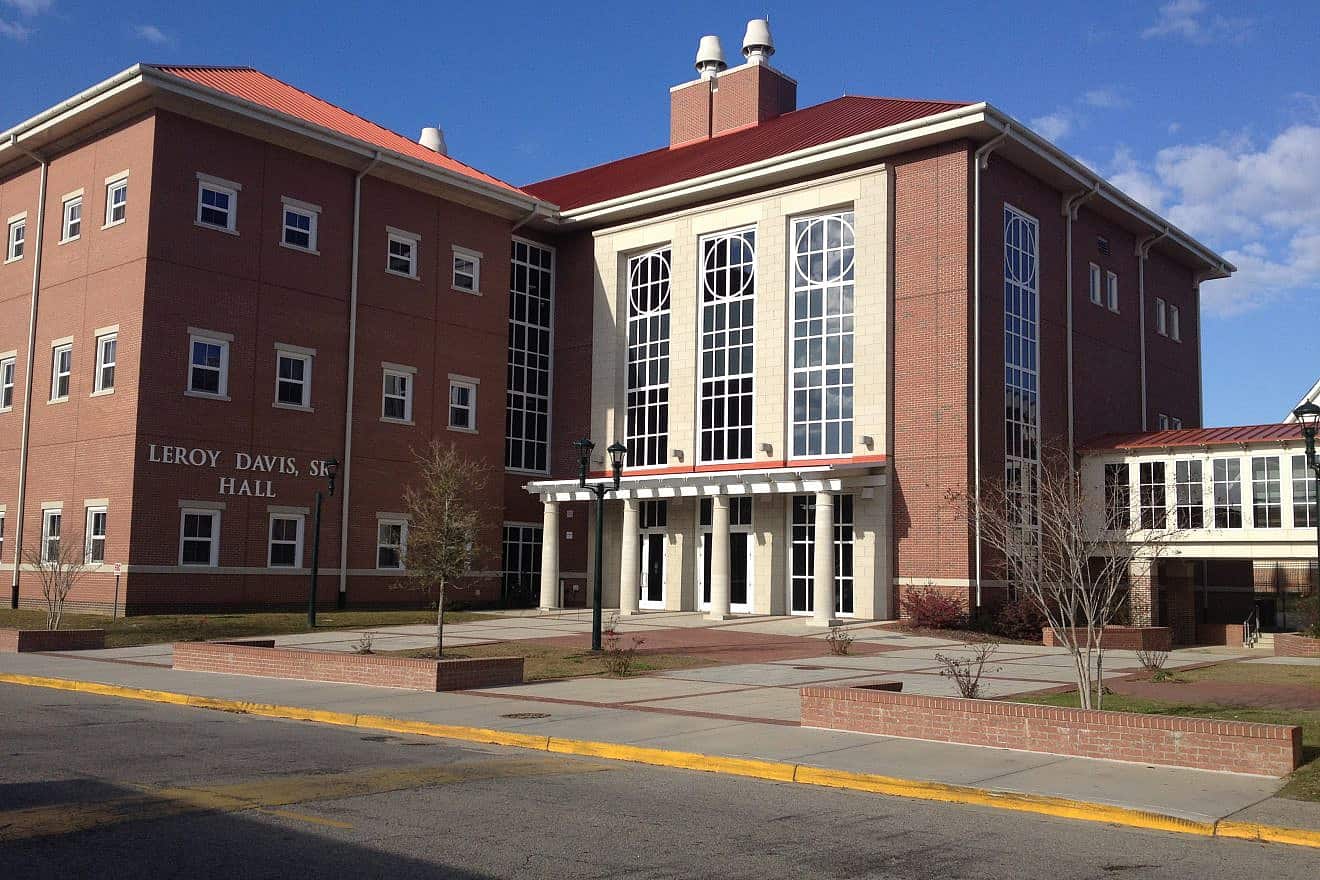The Academic Engagement Network (AEN) will provide grants to two Historically Black Colleges and Universities (HBCUs) for an initiative to nurture greater black-Jewish community alliances.
“While there are other excellent programs that seek to repair and rebuild the black-Jewish relationship, this project breaks new ground by bringing students, faculty and staff, and administrators at HBCUs into partnership to better understand and confront contemporary antisemitism,” Miriam Elman, AEN’s executive director, told JNS.
The pilot programs for the project will run at South Carolina State University in Orangeburg, S.C., and Voorhees University in Denmark, S.C., this year before expanding to five more in the state. Seminars will train students and staff about the history of black-Jewish teamwork and the implications of fighting hate together.
“This grant may mark a new beginning, but the bond between our communities is not new; it is steeped in history,” said Ronnie Hopkins, president of Voorhees University. “Our students are poised to become the future leaders of various fields, including industry, business, science and law. It is imperative that they are equipped to combat all forms of hatred, including antisemitism.”
Elman pointed out that during World War II when many Jewish academics escaped Nazi Germany, they often found welcome arms at HBCUs. “Black and Jewish communities in the U.S. forged a unique bond as a result of these experiences,” she said. “This initiative will draw on this inspiring history by empowering HBCUs to help combat contemporary antisemitism and disturbing efforts by extremists to create divisions between black and Jewish communities.”
Brandon Fish, director of Community Relations for the Charleston Jewish Federation, told JNS that Jewish and black communities in the region have “longstanding relationships and a long history of cooperation.” Fish pointed to “the proliferation of Rosenwald schools, the birth of the NAACP and continued efforts to advocate for meaningful policy to address hate crimes impacting our communities, like a state hate-crime law and local hate ordinances.”
Fish noted that the state was one of only two in the country not to have a state hate-crime law.
Elman said, “The project is unique in that it utilizes the methodologies of the University of South Carolina’s Anne Frank Center—the only center of its kind in the U.S. and one of three in the world—and the framework of the HBCU 101 initiative, designed to help students successfully navigate the challenges of being an undergraduate student in order to combat anti-black and anti-Jewish bigotry and intolerance.”
The project will celebrate “the historic alliance between black and Jewish communities in the United States, using it as a springboard for allyship, and for frank and open discussions about antisemitism and racism today,” Elman told JNS. “Many programs that discuss current issues and challenges between the black and Jewish communities steer clear of Zionism and Israel. This project addresses such topics from the get-go, providing professors, students and staff with the tools they need to counter the multifaceted nature of contemporary antisemitism.”
Fish told JNS: “We are grateful for this investment in the strengthening of the relationship between two groups who are foundational to our state’s history and continue to make history together in addressing common challenges.”


























